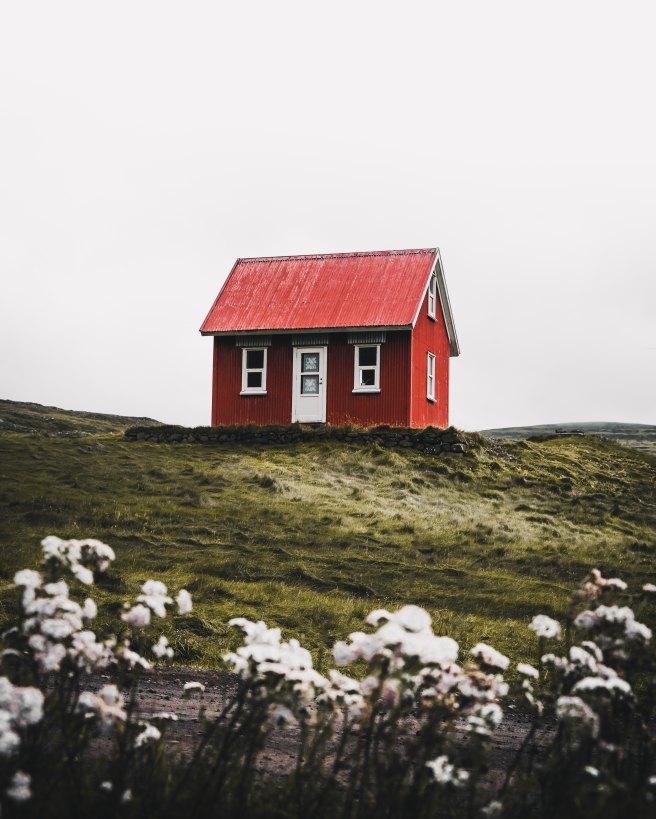Ooooh hiiiii it’s been a minute! Ok. How y’all doing? Making it? Can we have a vacation yet?

I’m going to share why I haven’t been writing for a bit because I think many folx will identify with this feeling. I haven’t written for a few reasons, one of which is the academic machine got to me and I needed to sleep and take care of my body. Related to that is experiencing some depression related to anxiety and what people commonly call “imposter syndrome.” I’m practicing self-care and delving into my sitting practice.
A friend told me the other day that she feels like at her job, she’s not really a teacher, but she goes to work and pretends all day. She feels like everyone else is legit. I completely get that feeling. Over the past month or so, it has left me frozen, on the floor in tears, unable to answer a single email in my inbox for days. I write this because I believe many will nod and recognize this.
Imposter syndrome affects many of us- most especially womxn of color, indigenous people, and folx with accessibility needs. The feelings stem from an internalization of fraudulent occupation of a space. That’s exactly how I have been feeling- like I am taking up a space that I shouldn’t because I am not smart enough. Some instances have heightened this feeling. I have been doing some deep reflecting.
One central part of my feeling like an outsider is that, admittedly, academia isn’t my whole life. I really enjoy watching baseball, baking cakes, recycled and vintage fashion, and learning new makeup tricks. I feel a sense of guilt that I spend time on these hobbies. I watch baseball almost every night and play in a fantasy league. I bake something every week. I really like dressing up and do that pretty much every day, along with my makeup. I also really enjoy talking with my friends from college about all sports, going to old car shows with my uncle, and preaching.
In reflecting on these things I like to do, I realized two things. One is that I’m actually pretty good at most of them (not to brag, just sayin’!). This didn’t happen overnight. And I enjoy the process enough that I have improved over time, and will continue to get better. My Fantasy team IS in first place this week. Again, just sayin’. Beyond skill level, each of these hobbies connects me to a person or group of people. I began to see that baseball has always connected me to my dad, who took me to my first game when I was five. I started really baking when I worked in Boston, and my students would stop in my office in between classes to say hello. It felt really nice to offer them a cupcake. My mom introduced me to fashion when I was little- and through my own journey with (a)sexuality, it has made me feel human in many spaces where sexuality is often assumed and projected. And I got into makeup because so many of the badass womxn I follow on social media or in my own life are such beautiful artists, and I wanted to learn from them. I work at the church on campus because I have the skills to hold someone in grief while staffing an event, to give directions while listening to a student, and take inventory of a storage closet while putting a Sunday bulletin together.
Through recognizing this piece of imposter syndrome, I also need to name that there have been times when others enforced this guilt. I’ve been told that baking is enforcing a gender box, and that if I didn’t spend so much time on my makeup I could be more productive. Actions speak even louder than words, and I’ll be real- there are some folx in my community that do not respect me, my identity, and want to exclude me. I don’t write this to call anyone out, but to make myself question when I have made someone feel unwelcome or insufficient. Because if nothing else, I want to be a fire that sparks others’ belief in themselves, not the sand that smothers.
While I’m at it, I’ll mention that the things I like to do also give me a different perspective. Whether it is welcome or not, I engage it because it is genuine to me. I’m learning that gratitude is really meaningful during this rocky time. I made a list of people in my life that are great. It’s a pretty big list! Which must mean something. Not to say I am great- but I recognize who gives me a feeling of gratitude for their continued presence. I am grateful to celebrate marriages and children and new jobs, and everyday wonder. I remind myself that I am enough, and that I want to help others remember that too.




